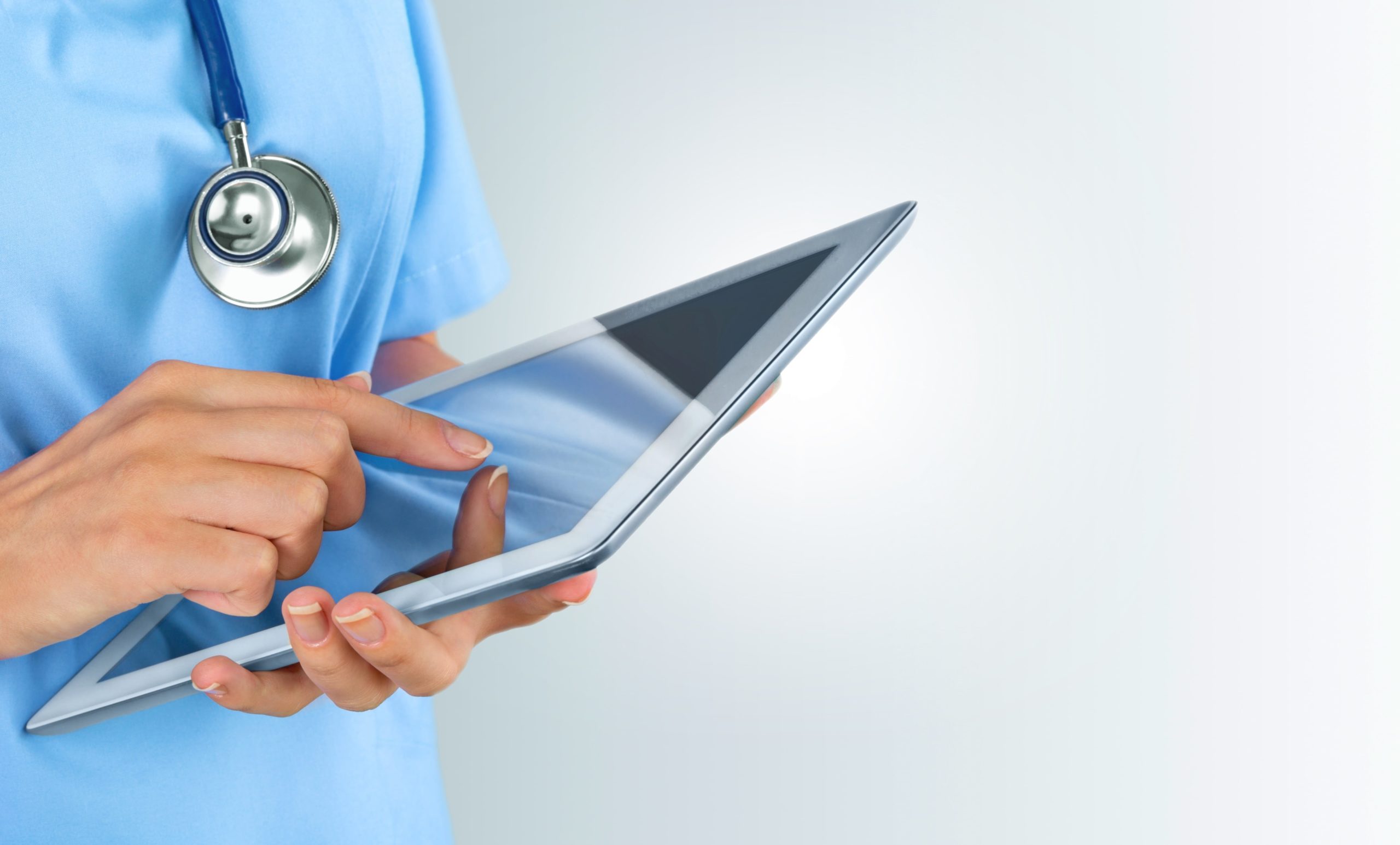The Internet of Things (IoT) is revolutionizing the healthcare industry. According to an article on Forbes, this market segment is expected to hit $117 billion by the year 2020. Consumers will have the ability to take control of their own healthcare using wearables, tablets, hand-held and other connected devices. The Internet of Things is changing healthcare so rapidly that the entire industry is being recalibrated. IoT brings a whole new world of endless possibilities in healthcare, for patients and providers alike, but not without potential problems.
Benefits of the Internet of Things in Healthcare
The healthcare landscape continues to change drastically, and IoT provides a means for healthcare organizations to achieve new levels of accuracy, efficiency, and patient safety. It can provide real-time intelligence into patient records, medications, specimens, inventories, and other important data.
IoT in healthcare brings several important potential benefits, including:
- Reduced Healthcare Costs: U.S. healthcare costs are astronomical. Centers for Medicare and Medicaid Services (CMS) states that annual healthcare expenditures reached $3 trillion in 2014, for an average of $9,523 per person. Goldman Sachs analysts report that IoT presents a total savings opportunity of $305 billion per year in healthcare, with most significant savings in the area of chronic disease management. Sensor devices allow more patient monitoring for chronic conditions, fewer checkups and office visits, and reduced costs.
- Better Patient Care: Wearable devices can transmit health data, such as temperature, glucose levels, and heart rate, automatically in real time. Electrocardiographs, fetal monitors, and other IoT enabled equipment can provide vital data remotely. The Internet of Things can allow physicians to better monitor patients and provide better care.
- More Control for Patients: Future IoT devices may allow patients to obtain expert advice from their doctors without the necessity of sitting in a waiting room. Telehealth applications could give doctors access to the patient health data they need to give medical advice without the need for an in-person office visit.
Internet of Things in Healthcare: Potential Problems
Although it promises many benefits for both patients and providers, the evolution of IoT in healthcare also carries some serious concerns:
- Security Issues: Healthcare data is highly sensitive information and data breaches can have very damaging consequences. As the number of internet-connected devices increases, so does the number of entry points for attack. IoT security must be given top priority in healthcare.
- Provider Handling of Data: Confusion or hesitation on the provider end of data transmitted through IoT devices could compromise patient care and result in data breaches. Training in data handling throughout healthcare organizations is essential with IoT.
- Consistency in IoT Devices: Wearable and IoT-ready medical devices can be obtained through a variety of vendors. As yet, there are no set communication standards and protocols agreed upon among the manufacturers of these devices. When a hospital uses devices from different vendors, questions of consistency and propriety can arise.
If your company is facing security issues related to IoT in healthcare, our complex litigation lawyers at McCune Wright Arevalo, LLP can help. Contact us today for a consultation.
